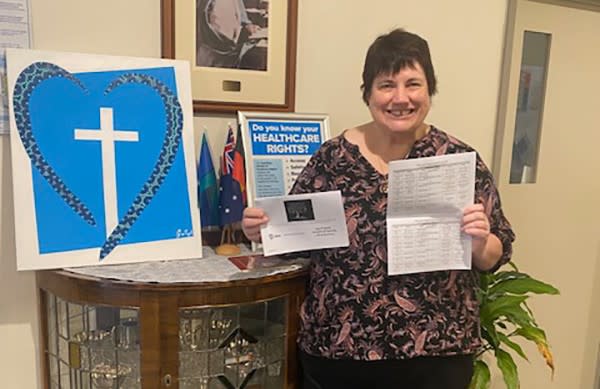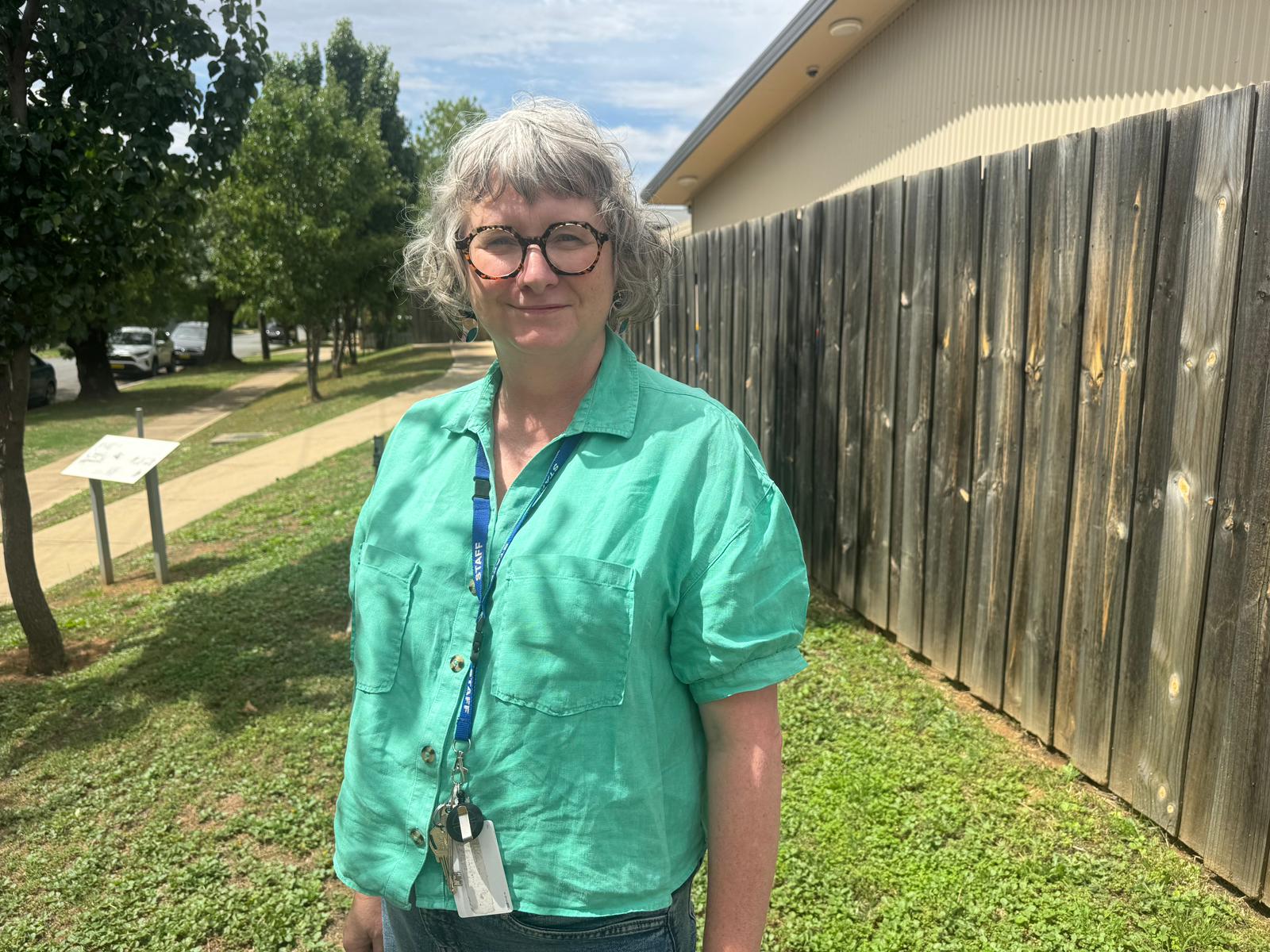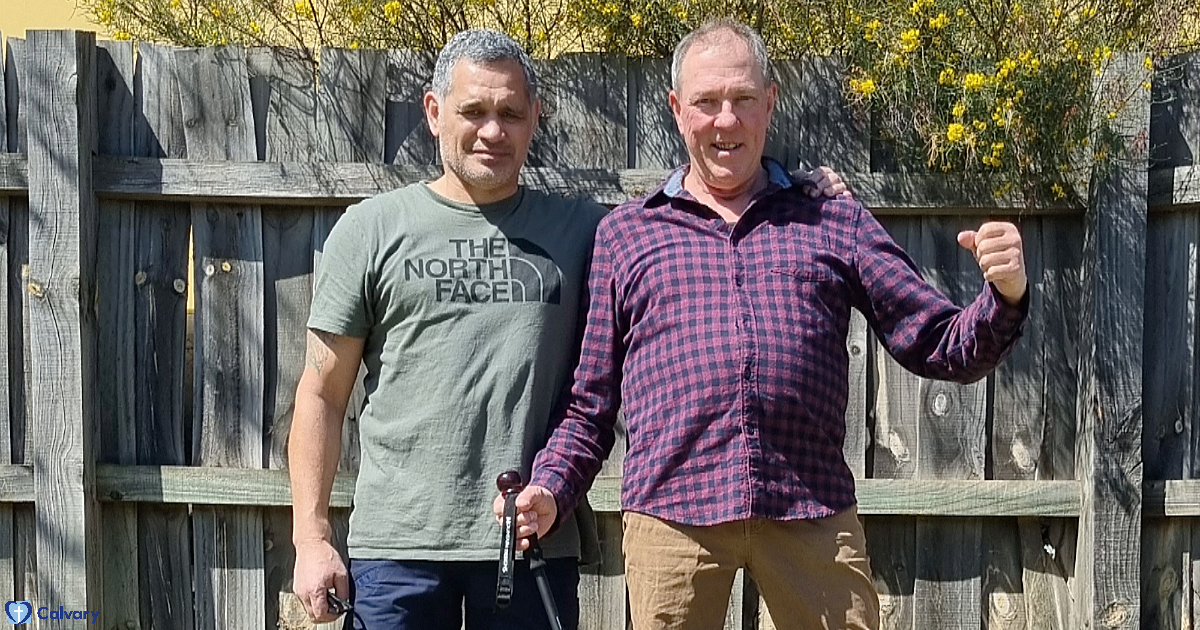Flexibility helping Calvary’s clients prioritise their recovery

She repeats those same words every morning as she walks into the Calvary Riverina Drug and Alcohol Centre (CRDAC) in Wagga Wagga, using the mantra to greet her colleagues and clients.
Diane’s story
At 13 years old, Diane became an alcoholic. It is a disease she battled for 25 years and she credits Calvary for helping achieve her 13-year-strong “miracle” of sobriety.
Diane is the first lived-experience worker to join CRDAC, and says her purpose and meaning in life is to help people fighting addiction.
“Clients want to hear how I stopped drinking and what made me change my life. It really helps them to know I understand how they’re feeling,” Diane said.
Diane helps oversee CRDAC’s Day Program, an out-patient program operating weekdays, except Wednesdays, 9.00am until 3pm.
The program has returned after a brief break due to pandemic lockdowns, however, it looks a little different.
Previously, clients would have to complete the program in 8 weeks, but thanks to a ‘Passport of Learning – Life and Recovery’ the program is now more flexible with clients given up to 16 weeks to finish the course.
“What I was hearing from people coming through our doors was they needed more flexibility because life is busy,” Diane said.
“We have single parents and people with learning difficulties not conducive to sitting in a classroom setting, so we have come up with a program allowing clients to prioritise their recovery while balancing all of life’s demands.”
Passport of Learning – Life and Recovery
The program introduces the client to a positive and productive way of living without resorting to the use of drugs or alcohol. It operates on an abstinence-based model and utilises a strength-based, person-centred, holistic approach to treatment and recovery.
The ‘Passport of Learning – Life and Recovery’ records every session the client has done and personalises their certificate based on what they’ve covered.
Topics covered include: acceptance commitment therapy, anger management, art therapy, the 12-Step Program, circle of support and self-awareness and self-compassion, plus much more.
In line with Calvary’s Mission, the care does not stop when the clients walk out the door.
“It so hard to do recovery on your own, so we make sure our clients always feel connected by checking in with them, whether that’s in person, or through a phone call or text message,” Diane said.
“We make sure our clients know we are there for them. Calvary’s ethos is ‘Being for others’ and that doesn’t just mean while they are receiving treatment here. We’re still going to be there when you leave – listening to you, if you lapse or relapse, and celebrate your wins.”


